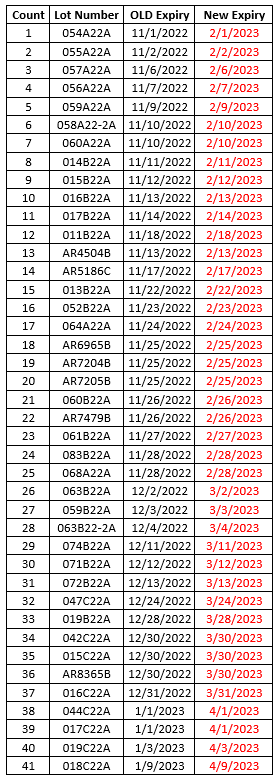January Provider Training Schedule
January Provider Training Schedule
PDPH offers monthly virtual trainings for interested vaccine providers. View the schedule and sign up for trainings at the links below.
COVID-19 Clinical Rounds for Providers
Tuesday, January 10, 2023, from 1:00 pm – 2:00 pm
This presentation will be conducted by one of PDPH’s clinicians and will include general COVID updates and the most recent FDA/ACIP recommendations for COVID-19 vaccinations.
Storage & Handling Training
Wednesday, January 11, 2023, from 10:00 am – 11:00 am
This presentation will include the most recent storage and handling updates, as well as a review of best practices.
Online Ordering Training
Thursday, January 12, 2023, from 10:00 am – 11:00 am
This presentation will include the most recent Clinic Tools and Inventory managing updates, as well as a live, step-by-step example.
Vaccine Safety Monitoring Systems Training
Wednesday, January 25, 2023, from 9:00 am – 9:30 am
This training includes an overview of the current monitoring systems in place (VAERS, V-Safe, VSD, CISA), an explanation of how to utilize these resources in your practice, and examples of reportable events.
If you can’t attend these trainings this month, they will recur in February. If you have any questions, don’t hesitate to reach out to dphproviderhelp@phila.gov.

